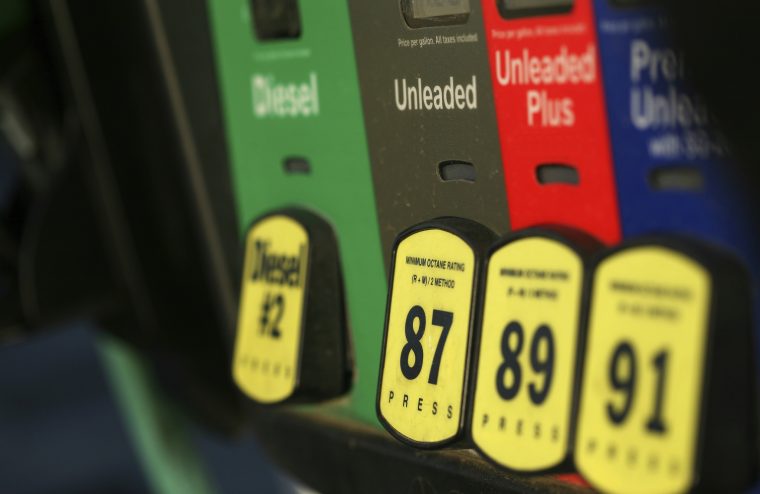Protect Your Data from Skimmers at the Pump
Paying at the pump with a credit card is the quickest way to handle a necessary chore. And, unfortunately, it’s also a sitting duck for identity thieves.
Yes, every time you swipe that plastic, you are putting your identity and funds at risk, and the worst part about it? Thieves are letting you do the dirty work.
The chip that most credit cards are equipped with now is one way to deter theft, but according to Jeff Rutledge, associate editor of LifeLock.com’s blog, gas stations are one of the businesses that have been granted extra time to upgrade their technology. So that means gas stations are even more of sitting ducks for thieves, more like comatose ducks with outdated tech, and will be at least until October 2020, thanks to Visa and Mastercard.
You’re probably thinking, “I’m sure I’d notice a skimmer.” Well, that’s a definite maybe, because skimmers are designed to be difficult to spot according to writer David Geer at CreditCards.com, and thanks to the wonder of the internet, “a near-universal gas-pump key and skimming device” are readily available for purchase, according to Rutledge.
While waiting for gas stations to upgrade their swipers to chip readers, Rutledge offers some advice to safeguard yourself and your credit card numbers from credit card skimmers at the gas station:
“Use a credit card—not a debit card. And keep an eye out for anything suspicious—broken seals, loose pump doors, or stations that are isolated or don’t have security cameras. Or walk inside to pay, perhaps with cash. Just lock your car when you step away from it.”
Consumer Reports writer Andrea Lock adds that if you have to use a debit card to pay for gas at the pump, process it like a credit card—that way you don’t have to expose your PIN number for the transaction and keep a close eye on your credit card statements so that you can immediately report any discrepancies or suspicious activity.
News Source: CreditCards.com, LifeLock, Consumer Reports

The News Wheel is a digital auto magazine providing readers with a fresh perspective on the latest car news. We’re located in the heart of America (Dayton, Ohio) and our goal is to deliver an entertaining and informative perspective on what’s trending in the automotive world. See more articles from The News Wheel.


